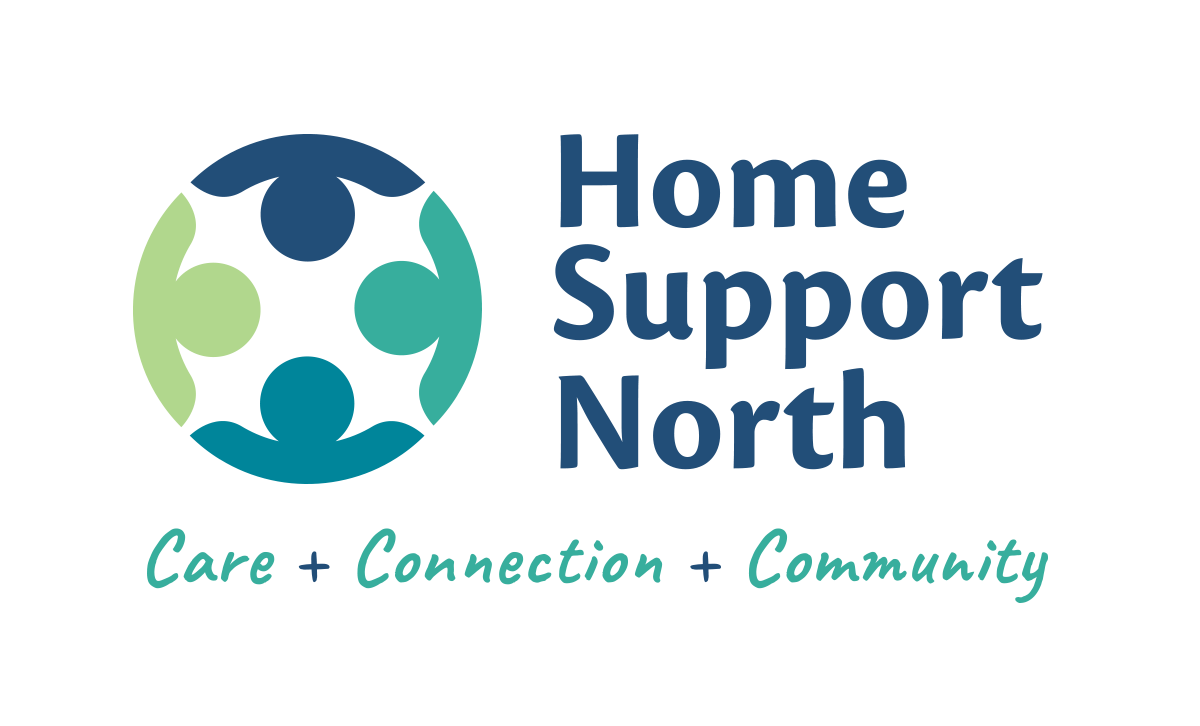Caring for aging parents can be a deeply rewarding experience, but it can also be incredibly challenging and stressful. The emotional and physical demands of caregiving can sometimes strain the parent-child relationship, leading to resentment, frustration, and even guilt.
However, it’s crucial to remember that maintaining a positive and supportive relationship with your parents is essential for both of your well-being. A 2015 study published in the Journal of Family Psychology found that positive family relationships are associated with improved mental and physical health outcomes for both caregivers and care recipients.
Here are some tips to help you navigate the challenges of caregiving while preserving a strong bond:
1. Open and Honest Communication:
- Regularly check in: Schedule regular check-ins, whether in person, over the phone, or through video calls.
- Active listening: Practice active listening by truly focusing on your parents’ concerns, fears, and desires.
- Express your feelings: Share your own feelings and concerns openly and honestly with your parents.
- Respect their independence: As much as possible, respect your parents’ autonomy and allow them to maintain their independence. Encourage them to make choices whenever possible, even if those choices are limited.
2. Prioritize Self-Care:
Caregiver burnout is a serious concern, characterized by physical, emotional, and mental exhaustion. A study published in the Journal of the American Medical Association found that caregivers who experience burnout are at increased risk for various health problems, including depression, anxiety, and cardiovascular disease.
- Recognize your limits: It’s impossible to be a successful caregiver if you’re neglecting your own needs. Prior to taking on more responsibility, seek to delegate tasks or reduce your work load in other areas.
- Schedule regular breaks: Make time for yourself to relax, recharge, and pursue your own interests. This could include hobbies, exercise, spending time in nature, or simply enjoying a quiet moment to yourself.
- Seek support: Connect with other caregivers through support groups or online forums. Sharing experiences with others who understand your challenges can provide valuable emotional support and practical advice.
- Don’t hesitate to ask for help: Accept help from family, friends, or professional caregivers when needed.
3. Focus on Quality Time:
- Create meaningful experiences: Spend quality time together engaging in activities that you both enjoy, such as shared meals, walks in the park, playing games, or reminiscing about past memories.
- Create new memories: Find new ways to connect and create lasting memories together. This could involve trying new activities, visiting a museum, or simply enjoying a quiet evening together.
- Focus on the positive: Remember the good times and celebrate the joys of your relationship. Acknowledge and appreciate your parents’ strengths and accomplishments.
4. Utilize Professional Support:
- Explore home care options: Consider professional home care services like those offered by Home Support North. Their services can provide essential assistance with daily living activities, such as personal care, meal preparation, light housekeeping, medication reminders, and transportation. This allows you to focus on providing emotional support and companionship while ensuring your parents receive the necessary care.
- Home Support North offers a range of services tailored to individual needs, including:
- Personal Care: Assistance with bathing, dressing, grooming, and toileting.
- Home Help: Support with light housekeeping, meal preparation, and errands.
- Companionship: Providing social interaction and emotional support, such as engaging in conversations, playing games, and accompanying them on outings.
- Respite Care: Offering temporary relief for family caregivers, allowing them to take a break from their caregiving responsibilities.
- Use our helpful tool to build the care package that perfectly fits your family’s needs: https://homesupport.co.nz/build-your-own-package/
By utilizing the services of Home Support North, you can alleviate some of the burden of caregiving, reduce stress, and prevent burnout. This allows you to spend more quality time with your parents, focusing on strengthening your relationship and creating positive memories. With this in mind, begin by using Eldernet to discover support options near you – https://www.eldernet.co.nz/providers_area/listings/2378?_top=8200
5. Practice Patience and Compassion:
- Remember that aging is a process: Understand that aging brings with it physical and cognitive changes, and be patient with your parents as they adjust to these changes.
- Show empathy and compassion: Treat your parents with the same kindness and respect that you would want to receive.
- Celebrate their strengths: Focus on their current abilities and help them maintain a sense of purpose and self-worth.
To sum up, caring for aging parents can be a challenging journey, but it can also be a deeply rewarding experience. By prioritizing open communication, self-care, and seeking support from professionals like Home Support North, you can navigate the challenges of caregiving while maintaining a strong and loving relationship with your parents.


